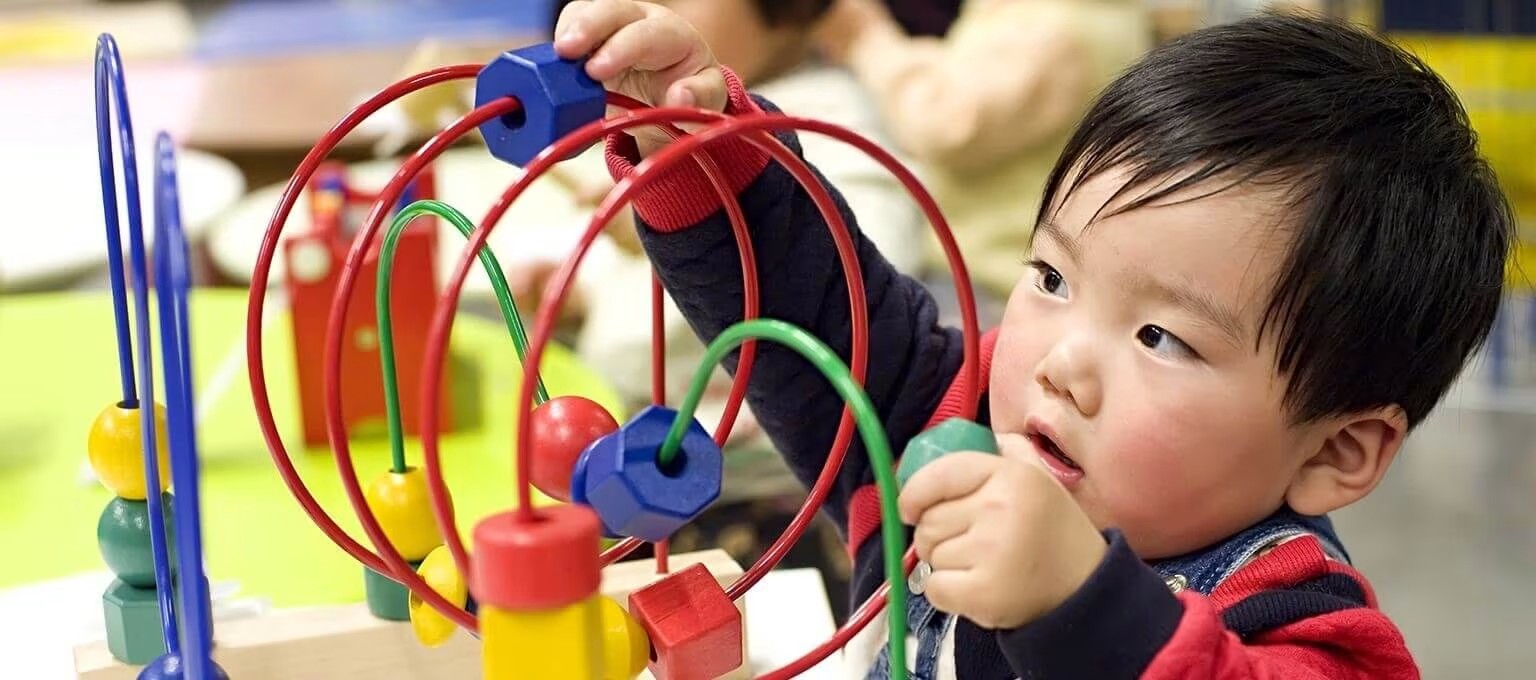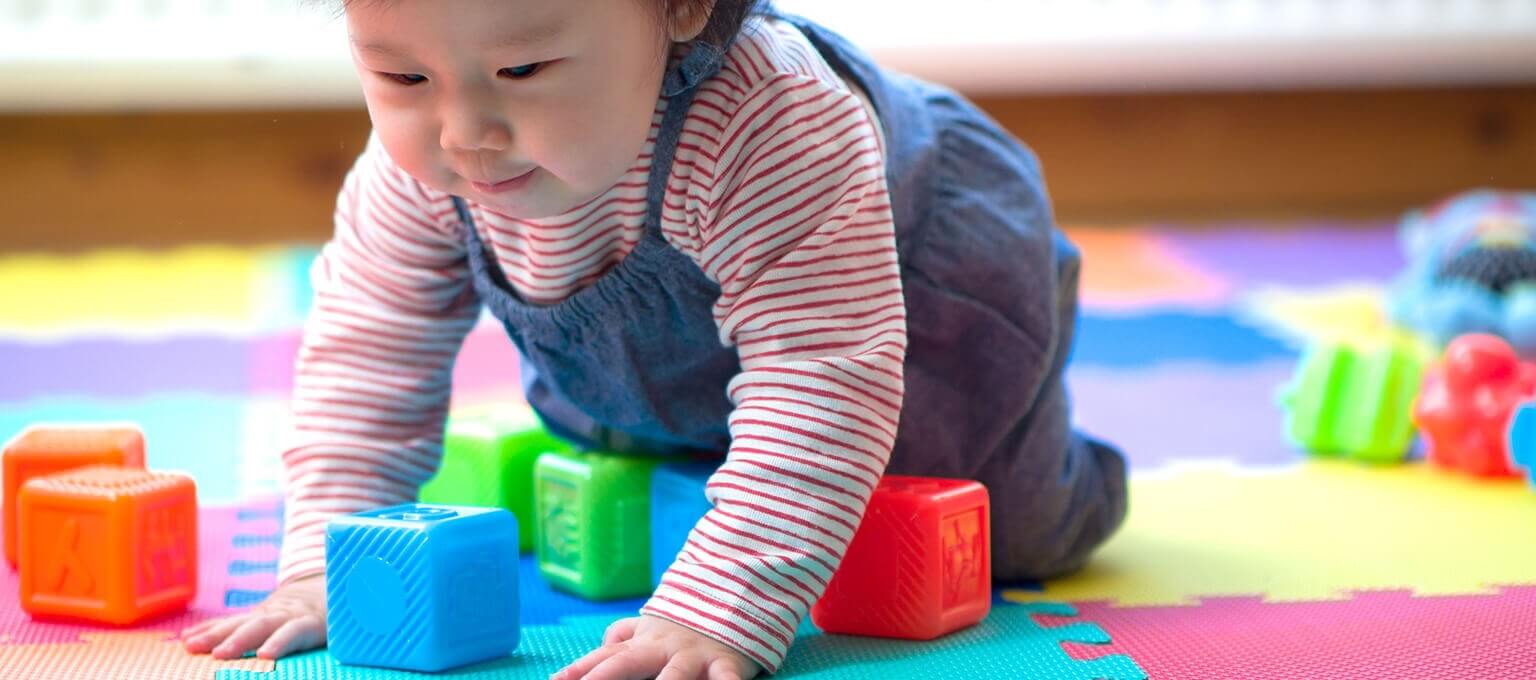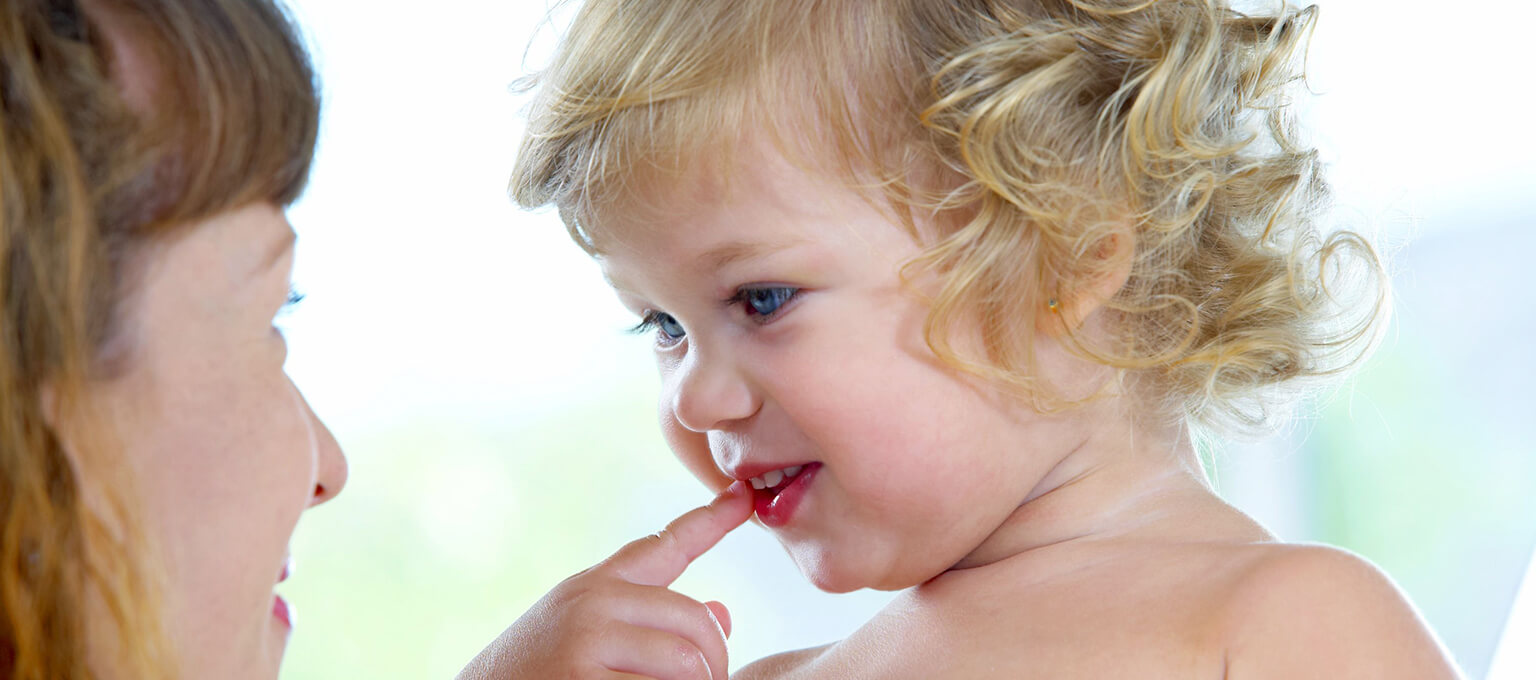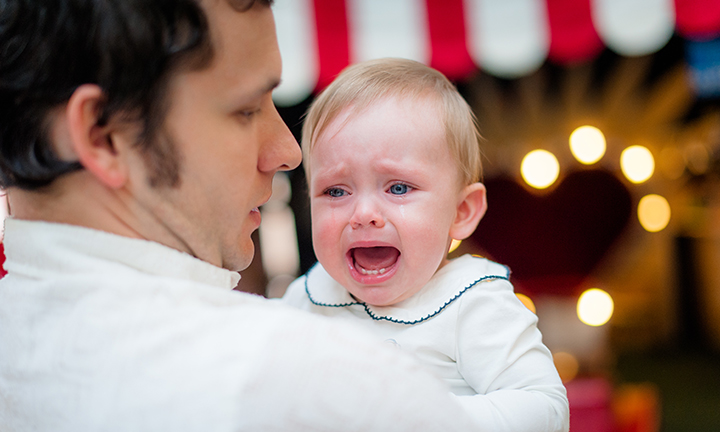
True Grit: How Babies Learn to Be Persistent
Remember the first time you heard "If at first you don't succeed, try, try again"? Chances are you figured out that this was a useful piece of advice – that hard work and tenacious effort pay off and lead to eventual success.
Now, some intriguing research suggests that the quality of persistence, often thought of as an innate trait, can be learned by babies as young as 13 months.
In designing this study, published in the September 22, 2017 issue of the journal Science, scientists arranged for 13 to 18-month-old infants to observe an adult working on two tasks with varying degrees of visible effort; afterward, the babies were given their own, different task to accomplish. The researchers wanted to know if watching an adult trying hard to achieve a goal would lead a baby to persist and do the same.
The Adult Demonstrations
Each baby was assigned to one of three groups or conditions: Effort, No Effort, and Baseline.
In the Effort condition, the adult experimenter began by picking up a container with a toy inside and trying to open it, while describing her efforts out loud: "Hmm . . . I wonder how I can get my toy out of here? Does this work? No, how about this . . ." She succeeded after 30 seconds of effort, narrating the process to the baby as she worked.
In the second task demonstration, the experimenter picked up a carabiner with a toy keychain attached, explaining how it worked and announcing what she was going to do: "How do I get this off?" Again, she took 30 seconds to successfully complete the task.
In the No Effort group, the same routine was followed – two actions shown to the babies by an adult – except that the experimenter completed each task within 10 seconds and repeated the task two more times.
The Babies' Turn
Next, it was the babies' turn to attempt an action. The experimenter gave the baby a music box with a big, easy to push but nonworking button, saying, "See this toy! This toy makes music." Placing the box out of the infant's sight, the experimenter activated the music using a hidden button that was constructed to be hard for infants to locate or to activate. Then the experimenter handed the music box to the baby and left the room, observing what the baby did via videotape recording (the entire test was recorded). The test was ended after two minutes, or after the baby handed the box to the parent or threw it down three times. Babies in the Baseline condition group were given the music box without having observed the adult demonstration.
The researchers tracked the number of times the babies in each group pressed the button to try to get the toy to work. They discovered that babies who had observed an adult's repeated attempts to succeed (those in the Effort group) pressed the button more times than those in the No Effort and Baseline groups.
What It Means
Among the notable insights gained from this study was that the infants learned to try harder after watching only two examples of this behavior modeled by an adult. In addition, the babies were able to generalize from one task to another, observing the two adult actions and applying what they observed to a very different goal and action. According to the study authors, though the study doesn’t suggest that learning by watching adult behavior is the only or even the best way to become persistent, it does show that there may be value in letting children "see you sweat.”
As parents, we tend to love research that confirms what we already know or suspect – that babies are, as the lead author puts it, "tiny learning machines"! And it's good to have evidence that effort and perseverance, which have been linked to higher academic achievement in older children, can be picked up so early in life. Finally, we can take heart that as we try and try again (and probably fail and fail again before succeeding), we could be providing encouragement to our children to keep at it themselves.
Related Articles:
Read more about Baby
Join a World of Support
through Pregnancy and Parenthood.
TRACK WITH TOOLS
LEARN WITH EXPERTS
GET REWARDED














